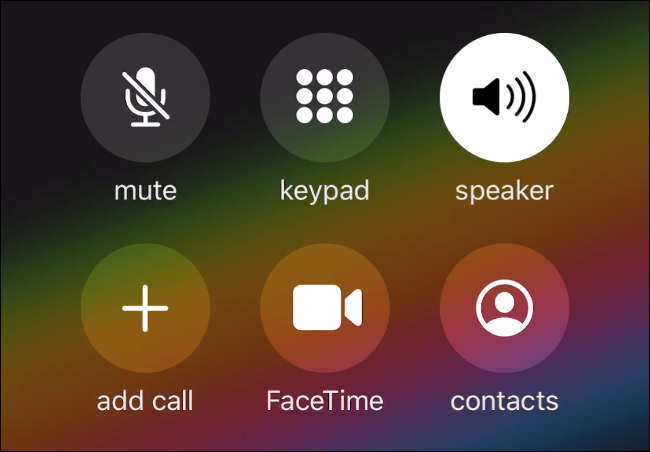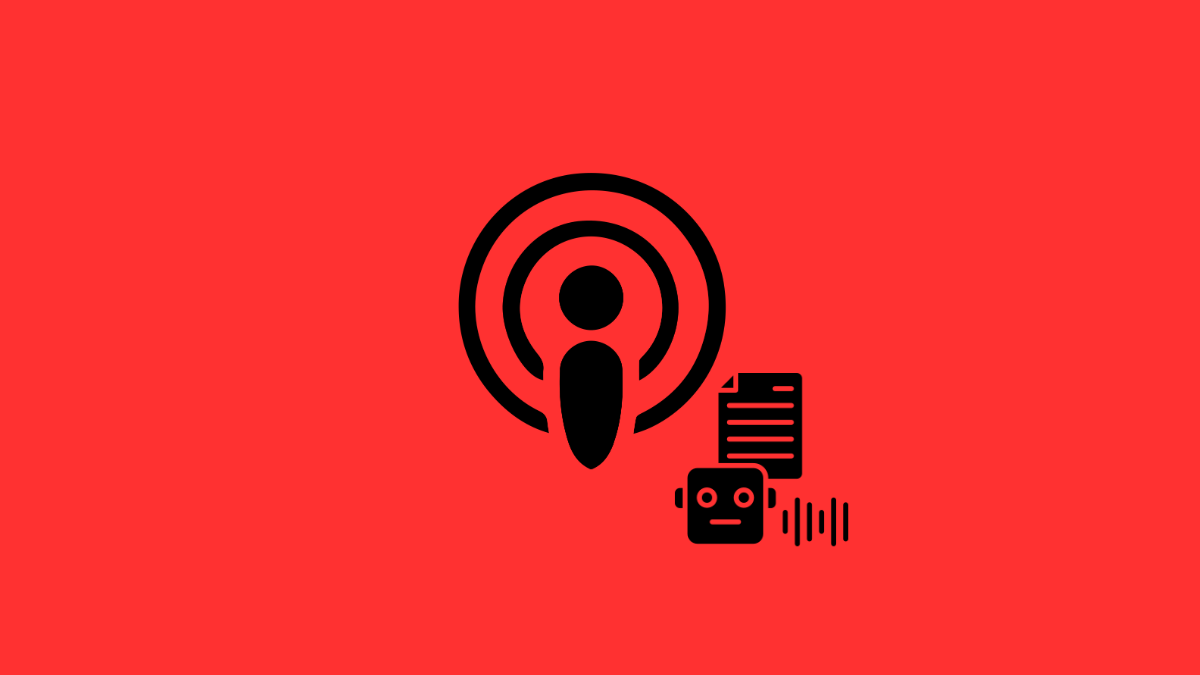Jitter, in networking, refers to small intermittent delays throughout information transfers. It may be attributable to various elements together with network congestion, collisions, and sign interference.
Technically, jitter is the variation in latency — the delay between when a sign is transmitted and when it’s obtained. All networks expertise some quantity of latency, particularly extensive space networks that span throughout the Internet. This delay, sometimes measured in milliseconds, may be problematic for real-time purposes, corresponding to on-line gaming, streaming, and digital voice communication. Jitter makes this worse by producing extra delays.
Network jitter causes packets to be despatched at irregular intervals. For instance, there could also be a delay after some packets are despatched after which a number of packets could also be despatched . This might trigger packet loss if the receiving system is unable to course of all of the incoming packets. If this occurs throughout a file obtain, the misplaced packets will probably be resent, slowing down the file switch. In the case of a real-time service, like audio streaming, the information might merely be misplaced, inflicting the audio sign to drop out or lower in high quality.
The commonplace technique to compensate for network jitter is to make use of a buffer that shops information earlier than it’s used, corresponding to just a few seconds of an audio or video clip. This will easy out the playback of the media because it provides the receiving pc just a few seconds to obtain any packets misplaced attributable to jitter. While buffers are an efficient resolution, they have to be extraordinarily small when utilized in real-time purposes corresponding to on-line gaming and video conferencing. If the buffer is just too giant (higher than 10 ms), it’s going to trigger a noticeable delay.
Looking to know more Internet Terms











Leave a Reply